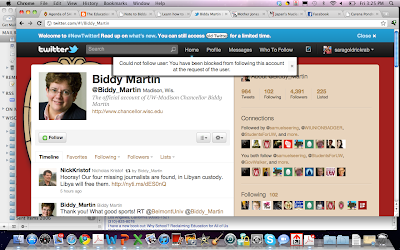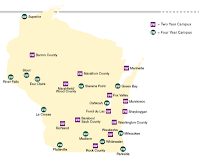Live By The Sword, Die By The Sword Redux

A USA Today investigation calls into question "dramatic" improvements in student test scores in select District of Columbia schools due to an "abnormal pattern" of erasures. This occurred during Michelle Rhee's tenure as DC schools chancellor. Among the 96 DC schools that were flagged for wrong-to-right erasures by the city's testing contractor in 2008 "were eight of the 10 campuses where Rhee handed out so-called TEAM awards 'to recognize, reward and retain high-performing educators and support staff'.... Rhee bestowed more than $1.5 million in bonuses on principals, teachers and support staff on the basis of big jumps in 2007 and 2008 test scores. In 2008, to her credit, then-DC state superintendent (now Rhode Island education commissioner) Deborah Gist recommended that large test score gains in certain schools be investigated, but as USA Today reported, "top D.C. public school officials balked and the recommendation was dro















